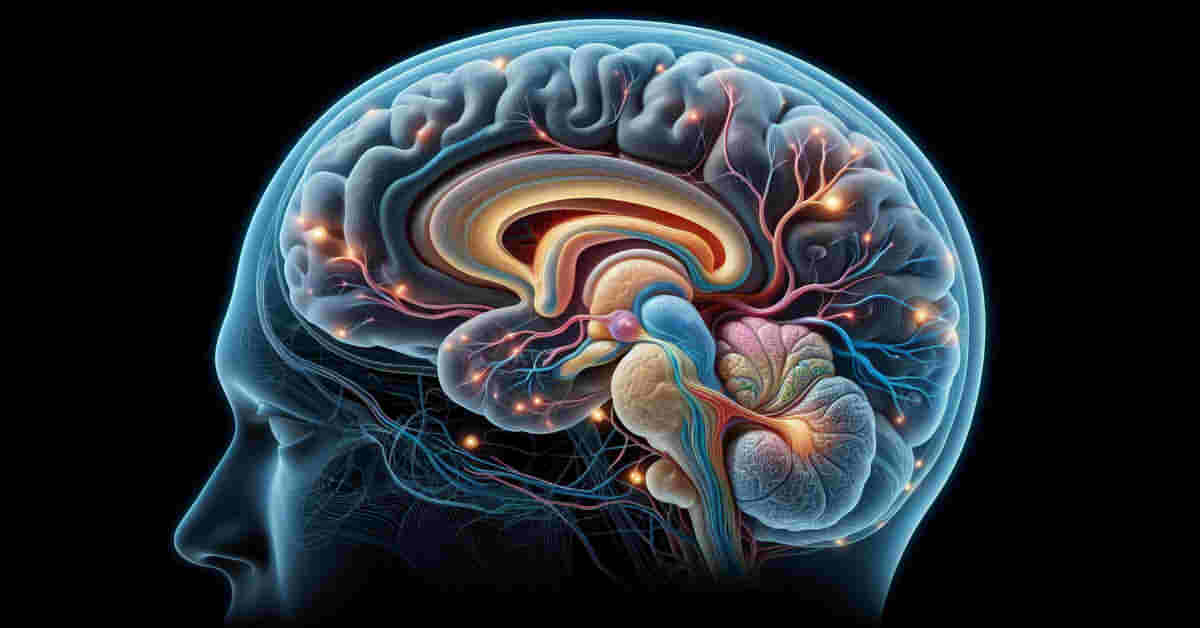Emotions play a significant role in our life. They shape our perception of reality. They are the lens though which we see the real world. They provide meaning to our experiences. We cannot tell whether our experiences sweet or bitter unless they are combined with positive or negative emotions. They are a partial contribution to our personality. Despite everything they present to us, many people believe that they can control them, and this believe is the result of years of programming. However, emotions can be released effortlessly without any kind of interference. In the next paragraphs, we are going to explore why emotions cannot be controlled, forms and illusion of control, the importance of emotional awareness, and the effective way to manage them.
The Nature of Emotions
Emotions are chemical reactions that are triggered by internal or external events. They are deeply rooted in our biology. Emotions like fear, joy, anger, and sadness have evolved over millions of years as survival mechanisms. For example, fear triggers the fight-or-flight response, preparing the body to either confront or flee from danger.
Emotions are complex and this complexity stems from networks of brain activity in addition to being reactions to external inputs. The processing of emotions is largely dependent on the limbic system, and in particular, the amygdala. Since these reactions happen more swiftly than the conscious thoughts, making the notion of controlling emotions is impossible.
Forms of Control
There are two types of forms of control that are meant to suppress or repress emotions:
Internal control: it stems from the desire of maintaining the composure. This can include fighting against one’s natural emotional responses, arguing with oneself about what should or shouldn’t be felt, and refusing to acknowledge certain emotions. Additionally, it involves harsh self-judgment, where individuals criticize themselves for experiencing emotions deemed inappropriate or weak.
External control: it stems from societal expectations and functions as distractions to control our emotional states. It is the coping mechanism we have acquired form society to get rid of our disturbing emotions. The example of the external control could be presented in eating sugar, drinking coffee, playing games, hanging out, binge-watch television shows, scroll through social media, or immerse ourselves in work to avoid dealing with uncomfortable feelings.
These coping mechanisms provide temporary relief but ultimately prevent us from processing and understanding our emotions.
The Illusion of Control
We have been taught that maintaining control is the key to a successful life. As a result of that we take control to the extreme. We control every aspect of our life from the smallest to the biggest detail. We plan our schedules down to the minute, micromanage our work projects, and meticulously organize our homes and personal spaces. We track our fitness routines with precise detail, count every calorie we consume, and monitor our sleep patterns with wearable technology. We set rigid goals for our careers, personal development, and even our relationships, expecting everything to follow a predetermined path.
Unfortunately, our desire for control extends even to our emotions. We try to regulate our feelings with an iron grip, suppressing or repressing anything that might seem undesirable or inconvenient. Suppressing emotions means pushing them away or ignoring them, while repression involves unconsciously blocking emotions from awareness. We also often mask our true emotions behind a façade of calmness and composure. This obsession with control can lead to a life filled with stress and anxiety, as we constantly strive for an unattainable perfection.
Emotional Awareness
Rather than controlling emotions, it is more beneficial to develop emotional awareness. Emotional awareness involves recognizing and understanding your emotions as they arise. It requires being mindful of what is happening both internally and externally. Once emotions arise, you should aim to break their hold on you and develop the ability to witness them, even in the midst of emotional turmoil. This means separating yourself from the emotional chaos and simply observing as a neutral watcher. Emotions will try to lure you into engaging with them, making you believe that the conflict will never end without your intervention. This can create an urge to interfere and pull you away from your role as the observer. However, by maintaining your stance as a detached witness, you can prevent yourself from getting caught up in the emotional storm and allow the emotions to pass naturally.
Effective Ways to Manage Your Emotions
Managing your emotions doesn’t require engaging with them directly by trying to solve or argue with them. Instead, what is needed is to stay neutral and not interfere. Consider yourself as a parent and your emotions as your kids. You know for certain that it is futile to argue with angry kids; you simply let them be until their anger subsides because you understand that they cannot comprehend your reasoning in that state.
Similarly, don’t bottle up your emotions; let them flow like a river. This is exactly how you should treat your emotions. They do not need to be solved. No action, external or internal, is required from your side. Simply observe them unbiasedly and patiently until they dissipate.
Stay Neutral and Detached
Staying neutral involves not getting entangled in the emotional turmoil. Just as a river flows without resistance, let your emotions pass through you without obstruction. By not interfering, you prevent emotions from gaining strength and overwhelming you. This non-reactive stance helps in reducing the intensity and duration of emotional upheavals.
Watch Unbiasedly and Patiently
Adopt the role of a calm observer. Watch your emotions as they arise and pass, without judgment or action. Patience is key here. Emotions, like waves, will peak and eventually subside if left unattended. By allowing this natural process, you enable your emotional state to stabilize more quickly and with less distress.
Conclusion
Managing emotions effectively means learning to let them flow naturally without interference. By staying neutral and detached, much like a parent dealing with an upset child, you allow emotions to rise and fall without adding fuel to the fire. This approach not only reduces stress and anxiety but also fosters a healthier relationship with your emotional self. Remember, the goal is not to control or suppress emotions but to observe and allow them to pass, leading to a more balanced and peaceful state of mind.


